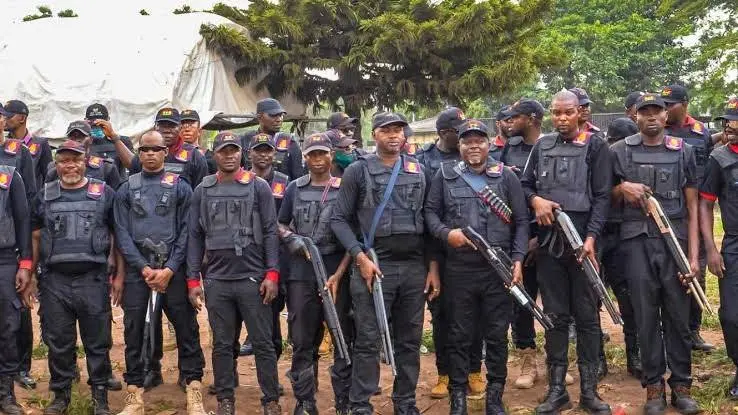The Lagos State House of Assembly has commenced a rigorous review of the state’s budget performance, scrutinizing Ministries, Departments, and Agencies (MDAs) to ensure compliance with the Appropriation Law and deliver optimal value for taxpayers’ money.
The ongoing exercise was described as a routine oversight function by Chairman of the House Committee on Economic Planning and Budget, Sa’ad Olumoh, which covers the last quarter of 2024 and the first quarter of 2025.
“This review is a critical exercise conducted quarterly to ensure that MDAs adhere strictly to the 2024 and 2025 Appropriation Laws,” Olumoh stated.
He noted that the exercise is part of the Assembly’s oversight responsibility to make sure Lagosians are getting value for every kobo spent.
“The exercise is expected to bolster transparency, strengthen institutional accountability, and support effective governance in the state.
“It is a constitutional duty aimed at monitoring and scrutinizing the financial activities of government agencies,” he stated.
During the sessions, MDAs faced tough questions regarding both capital and recurrent expenditure.
The Lagos State Independent Electoral Commission (LASIEC), gearing up for the July 12, 2025 local government election, revealed it had accessed over 80 percent of its allocated funds.
LASIEC Chairperson, Justice Omobolanle Okikiola-Ighile, affirmed the commission’s readiness, stating they had visited all 20 local government areas and assessed their preparedness at 90 percent.
She added that security agencies and relevant stakeholders have also been engaged ahead of the polls. LASIEC is expected to reappear before the House on July 17 with a comprehensive report.
Dispelling notions of a smaller budget, Olumoh clarified that last year’s budget exceeded ₦2 trillion, not ₦1 trillion, and this year’s stands at a substantial ₦3.346 trillion.
“Lagos has the capacity to do over ₦10 trillion, but it’s a gradual process,” he noted.
He added that budget performance last year was over 90 percent, and the results are evident in infrastructure, health, education, and transportation sectors across the state.
He highlighted ongoing projects such as the Maryland Bridge, the Blue Rail Line from Mile 2 to Okokomaiko, and significant improvements in public hospitals and schools as proof of effective budget implementation.
Olumoh emphasized that the state’s financial regulation laws include penalties for defaulting agencies.
“Any agency found culpable during the review would be sanctioned accordingly,” he assured, adding that reports would be presented on the floor of the House for further action.
While the Ministry of Local Government has presented its report, it has yet to be cleared.
The budget performance review continues as the House works to complete its assessment of all MDAs.






